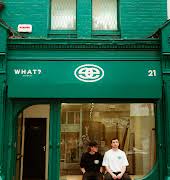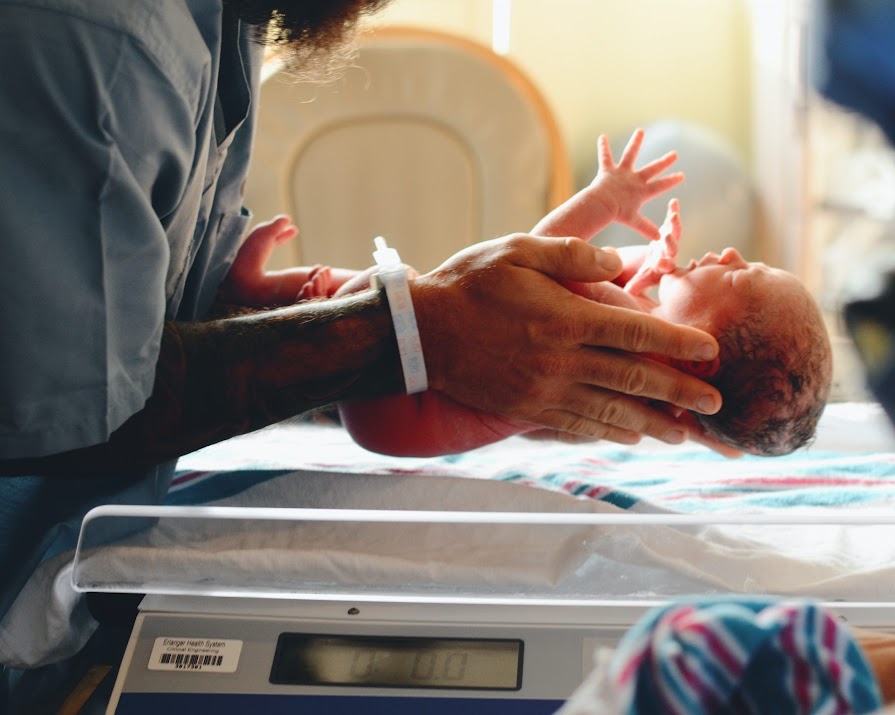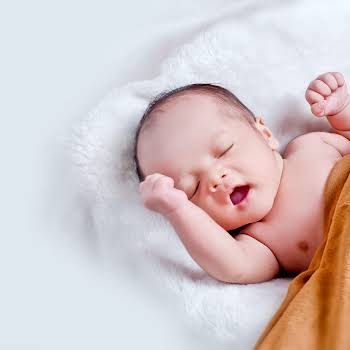
The IVF embryo mix-up that led to a couple’s baby being born 3,000 miles away to different parents
IVF mix-ups like this case are breaking the traditional definitions of parenthood, writes Amanda Cassidy
“I didn’t get to bond with my baby. I wasn’t able to carry him. I wasn’t able to hold him. I wasn’t able to feel him inside of me.” Anni Manukyan describes the moment she discovered that her baby son was born to complete strangers thousands of miles away.
She and her husband, Ashot spent months doing rounds of IVF trying (unsuccessfully) to get pregnant before being called into the clinic they attended in California, CHA Fertility centre to be told the unbelievable news that there had been a mistake and her son was born to another woman.
The mix up meant that a woman in New York had given birth to twins – neither of whom was related to her or to each other. The Manukyans and the couple who had the baby in New York, as well as a third, unnamed couple, had all gone to the IVF clinic who seems to have mixed up the embryos.
Naturally, the parents in New York had spent months celebrating their pregnancy, celebrated the birth and had spent weeks taking care of the twins. They didn’t want to give up custody of the twin boys. Heartbreakingly for everyone, the judge ruled in favour of the genetic parents. Anni met her son for the first time in a hotel lobby in New York last May. The third couple got custody of the other twin – their genetic son soon after.
What is a parent?
“The Manukyans might have been excluded from their son’s life because they were effectively ‘genetic strangers’.”
As well as being an appalling case of untold heartache, this case has, once again, thrown up the debate about the definition of parenthood.
Until IVF became a reality, the mother of the child was the woman who gave birth to that child. But now, the ability of science to create embryos in a petri dish and transfer them into any woman’s womb has introduced new nuances. Technically this was a case of involuntary surrogacy.
But had the mistake not been corrected so quickly, there is an argument that the Manukyans might have been excluded from their son’s life because they were effectively ‘genetic strangers’.
Heartache
In the 1990s, a similar case saw a white woman (Donna Fasano) give birth to twins – one genetically related to her and the other to a black couple (Perry-Rogerses). They were all patients at the same clinic. The families ended up in court against each other. The genetic parents were awarded permanent custody.
But where does that leave the rights of the gestational mother? The family denied Fasano visitation rights to the baby she had carried and cared for after birth. During the ruling, the judge said that “additional considerations may be relevant for an initial threshold analysis of who is, or may be, a parent.”
As the Manukyans and presumably the other families involved in this sad story pick up the pieces, they have no way of knowing the fate of any of their other embryos. Anni says for all they know they could have been transferred into yet someone else. “I’m praying to God I don’t have another son or daughter out there”.























